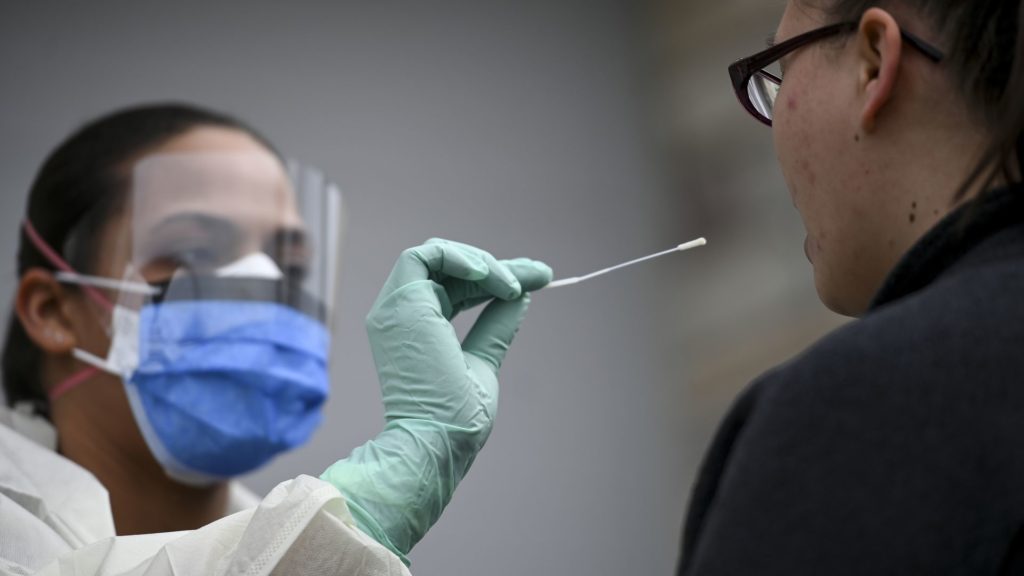Certain residents of the Western Cape can expect to find a field worker knocking at their door from Monday, April 6, as COVID-19 home screening will commence. This forms an integral part of government’s drive to prevent the spread of the virus.
As of Thursday, April 2, the number of people infected in the Western Cape has reached 393. These include a second positive case in Khayelitsha as well as seventh case in Mitchells Plain. The University of Cape Town has also announced there are six confirmed cases among students and staff members, while the Bo-Kaap community is on high alert after it announced its first positive coronavirus case.
President Cyril Ramaphosa announced that field workers would work their way through the country conducting home screenings and possible tests. Approximately 10 000 field workers will be deployed, and the National Department of Health hopes to grow this number to test more citizens in a shorter amount of time.
Each province has identified vulnerable and high-risk areas to be screened first. These will begin from the metros and fan out to more remote areas.
Mitchells Plain, Khayelitsha and Klipfontein have been identified as the Cape’s most high-risk areas, as their populations are more densely packed and this may increase the spread of local transmission.
The province’s Head of Health Dr Keith Cloete said in a press briefing that community health workers and NGOs would also help with the community-based testing and screening.
“Our concern is that we might have community transmission in those areas,” he said.
If someone is flagged during screening, they will be tested at a mobile testing lab.
“We want to especially target those areas and go into households where cases have already been documented of local transmission. Our strategy as of Monday is to identify all the areas we are going into. We are putting all the logistics together so there will be screening, access to testing and, out of that, there will be a screening of someone who requires isolation and quarantine out of that process,” Cloete added.
“While infections have grown more slowly here than elsewhere, we are seeing trends that are cause for concern,” Premier Alan Winde said during the briefing yesterday [April 2]. “Last Sunday, we announced our first cases in Khayelitsha and Mitchells Plain. We are also seeing an increase in the number of local transmissions and increasing admissions to hospital. As of this morning (yesterday), 20 people in the Western Cape had been admitted to hospital, with seven in intensive care facilities.”
Picture: Twitter

